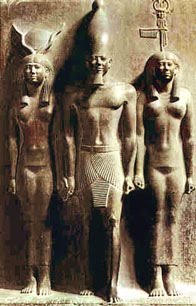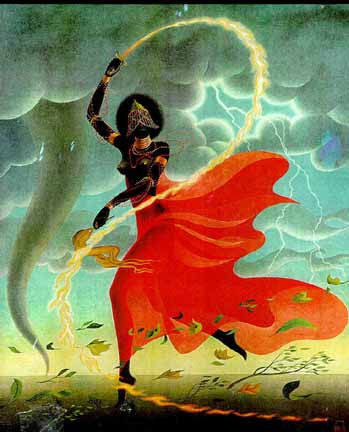Thoth: The Ibis God of Wisdom and Writing
Thoth, the ancient Egyptian deity often depicted with the head of an ibis or as a man with the head of a baboon, held a unique position in the Egyptian pantheon. He was revered as the god of wisdom, writing, and knowledge, embodying the intellectual pursuits and divine wisdom of the ancient Egyptians. Thoth played several pivotal roles in Egyptian mythology and culture:
- The Divine Scribe: Thoth was regarded as the divine scribe and keeper of knowledge. He was believed to have created the script and writing systems used by the Egyptians. As such, he was not only the patron of scribes but also the inventor of hieroglyphs and the author of various sacred texts, including the famed “Book of the Dead.”
- The Mediator: Thoth also played a crucial role as a mediator and arbitrator among the gods. His wisdom and eloquence made him the ideal deity to settle disputes and maintain cosmic balance. He often acted as a bridge between opposing forces, helping to avert conflicts and restore harmony in the divine realm.
- The Keeper of Records: Thoth was responsible for maintaining the records of all events, both earthly and divine. He was the recorder of the souls of the deceased, overseeing the weighing of the heart ceremony in the afterlife. This judgment determined a soul’s fate and was recorded by Thoth for eternity.
- The Lunar Connection: Thoth’s connection to the moon made him a deity associated with time and measurement. The lunar phases were used for calendrical purposes in ancient Egypt, and Thoth’s ibis head was seen as symbolic of the crescent moon.
- Cultural Influence: Thoth’s influence extended beyond Egypt’s borders, as he was identified with the Greek god Hermes. This association led to the creation of the syncretic deity Hermes Trismegistus, representing a fusion of Greek and Egyptian wisdom. The Hermetic tradition, which emerged later, claimed to be rooted in the teachings of Hermes Trismegistus and influenced Western esoteric thought.

